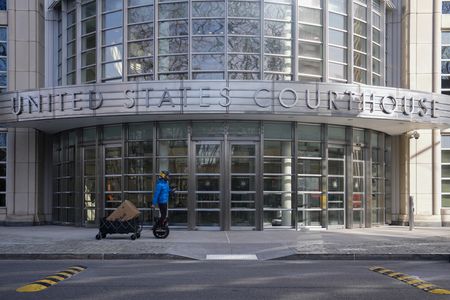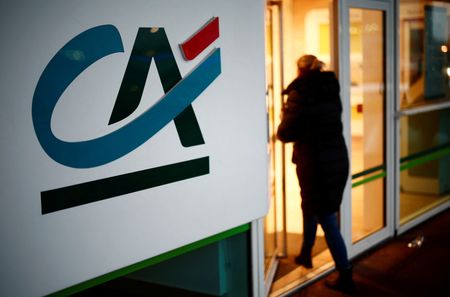By Jennifer Rigby
LONDON (Reuters) – The Novo Nordisk Foundation does not plan to step in to prop up a global health sector reeling from a freeze on U.S.-funded foreign aid, and will continue to focus on its core non-communicable disease agenda, an official told Reuters.
The foundation, which is linked to the Danish drugmaker and is one of the world’s largest charitable organizations, will prioritize funding work tackling conditions such as heart disease and diabetes, and risk factors like obesity, said Flemming Konradsen, scientific director of global health.
“Of course, more people are contacting us… We don’t have plans of stepping in, of filling gaps,” Konradsen said in an interview last week, when asked who could step in as governments rein in global health spending.
Since President Donald Trump took office on Jan. 20, the U.S. has frozen international aid, although some waivers for lifesaving assistance have been put in place. It will also quit the World Health Organization, news that sent shockwaves worldwide.
The foundation is the parent company of Novo Holdings, the controlling shareholder of Novo Nordisk, which makes the blockbuster obesity drug Wegovy and diabetes medication.
Novo’s record profit from obesity drugs has given the Foundation a war chest to fund its philanthropic grants, although investments have moved slowly so far. It has $153 billion in total assets, and just under $25 billion available for grants and investments, a spokesperson said.
Konradsen said international grants had increased to around $150 million last year, representing 10-12% of total grants, with the rest of its $1.35 billion allocated to work in Denmark and other Nordic countries.
Internationally, he said the biggest focus would be on helping governments implement healthy school meal programs, and to support institutions that train nurses.
“Chronic diseases are simply breaking the bank,” he said.
Global health experts have questioned what other wealthy philanthropies could do to mitigate the impact of the U.S. government’s actions.
Rob Nabors, who leads the Gates Foundation’s North America government relations, policy and advocacy efforts, said there was no foundation “that can provide the funding, workforce capacity, expertise, or leadership that the United States has historically provided to combat and control deadly diseases and address hunger and poverty around the world.”
A spokeswoman declined to comment on whether the Gates Foundation might expand funding for such programs.
(Reporting by Jennifer Rigby, editing by Michele Gershberg and Bernadette Baum)









